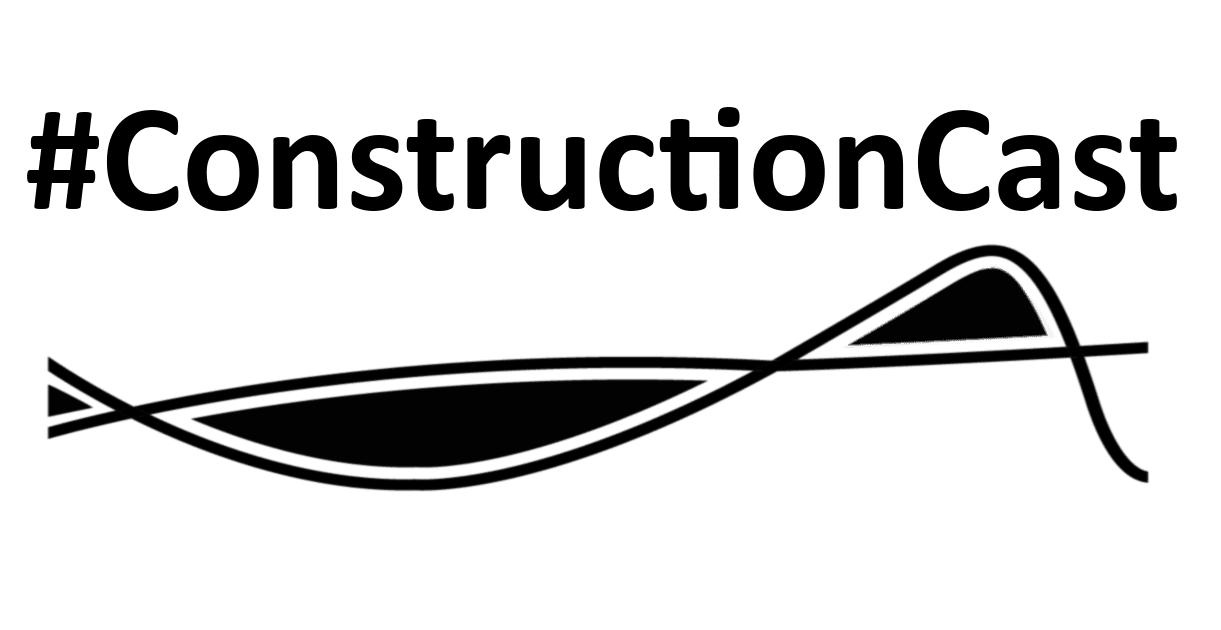This month Annie was joined by Simon Murray of William J Marshall and Katherine Butler of Fenwick Elliott. The panel looked at expert shopping, what is it and how do you deal with it?
What is Expert Shopping?
Expert shopping is the process of switching an expert during the process of preparing a report. In these circumstances, one expert is replaced by another, usually with a more favourable opinion of the client’s case.
The courts are very clear that this is not acceptable practice. As set out in CPR 35, an expert’s duty is to the court and not the client.
One major difficulty is identifying whether expert shopping is taking place. There are some legitimate reasons to need a replacement expert during proceedings. For example, a case may run for many years and the expert wishes to retire. They may fall ill or in the case of in-demand experts, diary clashes can become an issue.
Additionally, on some occasions, the client may have lost confidence in their experts, or don’t want to work with them anymore. Sometimes it could be that an expert with similar opinions may perform better in open court.
You might change experts if you feel stones have been left unturned in their investigations. In extreme cases, the expert may get it wrong.
However, these changes must be before the outset, before reports are prepared. Otherwise, it is at the discretion of the court. The best time to invoke a new expert is when assessing the merits of the case pre-claim.
You will need to explain your reason for wanting a new expert to the court. When no legitimate reasons apply, the conclusion may be that you are expert shopping.
It’s not black and white, sometimes people don’t know they are expert shopping. The client may claim not to get along with the expert but really, they don’t like the opinion.
What Do the Courts Have to Say?
A lot of the case law on the topic came from the early 2000s. Over the last 20 years, the principles have been established. The TCC has seen a few cases where those principles have been applied in the past few years.
The courts are very interventionalist when it comes to expert evidence. The judiciary maintains a high level of control over what expert evidence is put before the court. Evidence is only permitted to the level that is needed to resolve the dispute.
If you want to substitute an expert, you must have the court’s permission. Case law has developed whereby courts will put conditions on that substitution.
The courts will be keen to establish if there is or if there’s a strong inference of expert shopping. They may look to impose conditions on the appointment of the new expert. These conditions can be devastating to the client’s case.
These types of decisions are always on a case-by-case basis. The courts carefully consider the swap for the harm it could do in manipulating the outcome. There is case law where courts have said to swap experts you must disclose earlier reports or keep your current expert. This means the evidence of opinion previously held can be drawn into the court case from the original expert.
The court has to grant permission, to present expert evidence and to replace under CPR. The other side may be able to ask for all communications, phone records emails etc. to ensure expert shopping has not taken place. There is a fine balance for the court to maintain between the independence of the expert and communication that has taken place under privilege.
Avoiding Expert Shopping as An Expert.
The first thing to do is to maintain independence from the client. An easy way to measure this is to think, if I was advising the other side what would I say? Does the evidence stand alone? Does your report show your opinion? Be as open and clear as possible with the evidence you have from the beginning. Talk independently and with a broad brush in the early stages, don’t hamstring yourself in evidence.
Clients should always be made clear of the expert’s independence. Experts are crucial to resolving complex cases. They give clients a good understanding of their case. Whether it’s bad or good news it is essential to get it as early as possible to allow time to readjust the case.
If you are asked to replace an expert, you should ask the reasons why. A clear sign of expert shopping is when you are approached as your opinion is preferable to the one before. Although, you would not necessarily know what the previous expert said.
Sometimes you may be asked for an opinion prematurely. The best practice in this scenario is to be open and honest about your position. Ensure that you make it clear that this is an early answer. Avoid giving unprepared answers if you can.
Understand why the previous expert has been replaced. Was it that the previous expert provided a complimenting view but the client lost confidence? Did they have a lack of experience in that field?
An expert should always be led by the evidence. This can lead to uncomfortable conversations with the client. It is better to be realistic about the evidence and not to be led down a path of ideals.
Often an expert will play devil’s advocate or ask to be peer-reviewed. They may argue against their own opinions in practice to see if they will hold up. This comes from being constantly aware that they will have to defend what they’re saying. As an expert make sure everything you say is your opinion and what you believe.
How to Pick an Expert?
The first thing Katherine would do is ask her colleagues. Word of mouth can be an excellent way to find an expert. Look at who recommends who and don’t be afraid to ask around, people know people.
A good starting point, if you’re not lucky enough to work with a bunch of lawyers, is to look at panels. Organisations such as RICS and ICE establish a high standard for their members.
You can also look at whether they have given evidence before or have any training for court. They may be able to produce expert evidence, but can they perform in court and hold up their report?
Ultimately the courts are hard against expert shopping. They are not against swapping experts for legitimate reasons but there may be conditions imposed. The best way to deal with this is to change your expert as early as possible, ideally before court proceedings begin.
Find out what else is coming up for ConstructionCast here.
Listen to the podcast here – or find it on your usual player:

